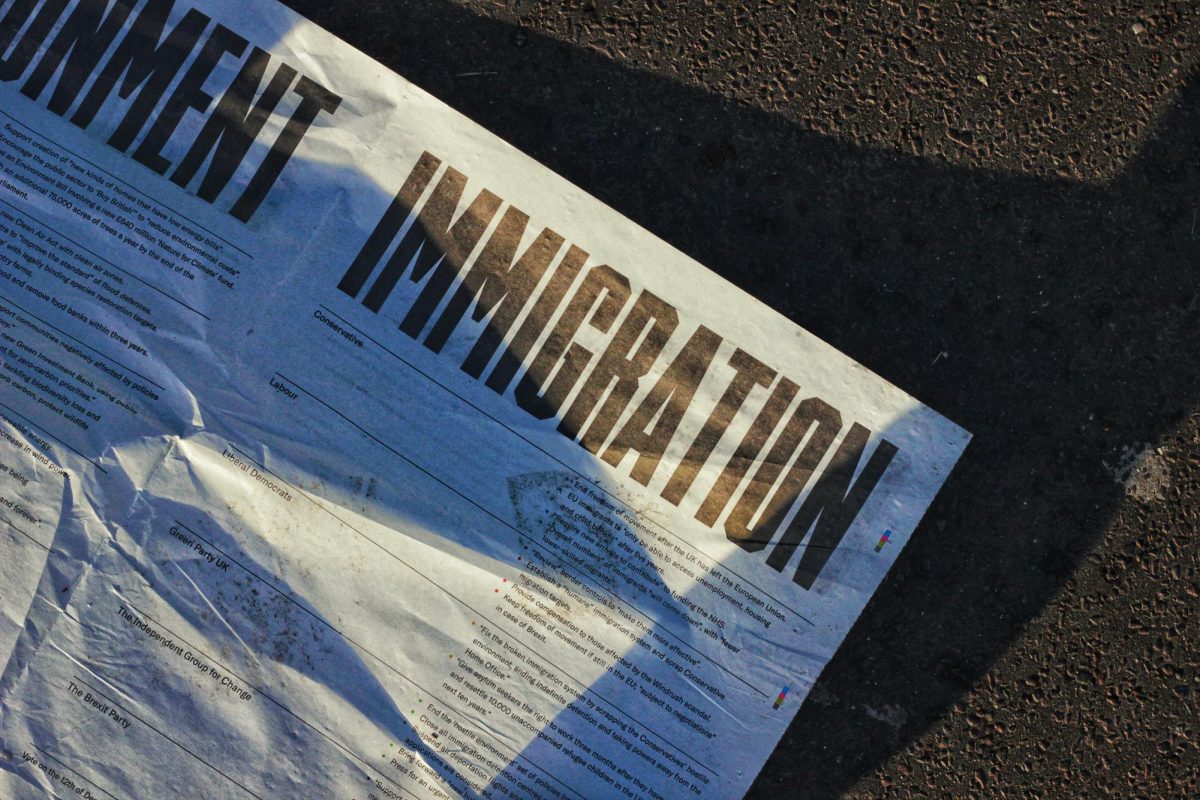Early Wednesday morning, Republican lawmakers sent governor Kim Reynolds the strictest abortion bill in the United States. This bill would ban abortions once a fetal heartbeat is detected. In many cases, it is detected as early as six weeks, before many women know they are pregnant. Currently, Iowa has one of the most restrictive laws which forbids abortions after 20 weeks.
Supporters of this legislation hope that Senate File 359, or the “heartbeat bill” will challenge Roe vs. Wade, the US Supreme Court ruling from 1973 that grants women the right to terminate pregnancies until a fetus is viable. This will be a challenge for lawmakers due to the outcomes of other states who have attempted to advance abortion bans similar to the “heartbeat bill” in the past, but supporters are confident due to the court’s makeup under President Trump.
In March, Mississippi passed the Gestational Age Act which bans abortions after 15 weeks of gestation, except in the case of a medical emergency or a severe fetal abnormality. Currently, the act is on hold after a court challenge. The U.S. Supreme Court has declined similar heartbeat bills from North Dakota and Arkansas in 2013 after they were rejected by the 8th U.S. Circuit Court of Appeals.
Although governor Reynolds declined to comment on whether she will sign the bill, she is quoted saying, “I’m pro-life. I’m proud to be pro-life. I’ve made that very clear.” Not only will the bill require women seeking an abortion to have an ultrasound to detect whether there is a heartbeat, it would also prohibit someone from acquiring, providing, receiving, transferring or using a fetal body part in Iowa. Violators could be charged with a Class C Felony. This type of felony is punishable by a prison term of up to ten years and a fine of $1,000 to $10,000 according to Iowa Code.
Planned Parenthood Voters of Iowa commented on the legislation saying, “Today’s actions to ban abortion are an embarrassment to Iowa and they will remain a blemish on our state for the foreseeable future, serving as one more reminder that Iowa’s leadership does not value health care.”
Previously, the legislation only allowed exceptions to that ban in cases of medical emergency, which was defined as a situation in which the life of the woman was in danger, but amendments were added on Tuesday. These amendments add exceptions for women who were raped and reported the incident to a law enforcement agency, a public or private health agency or a family physician within 45 days, victims of incest if reported within 140 days, if a physician certifies that the fetus has an abnormality that is incompatible with life or if “not all the products of conception are expelled” following a spontaneous miscarriage.

















